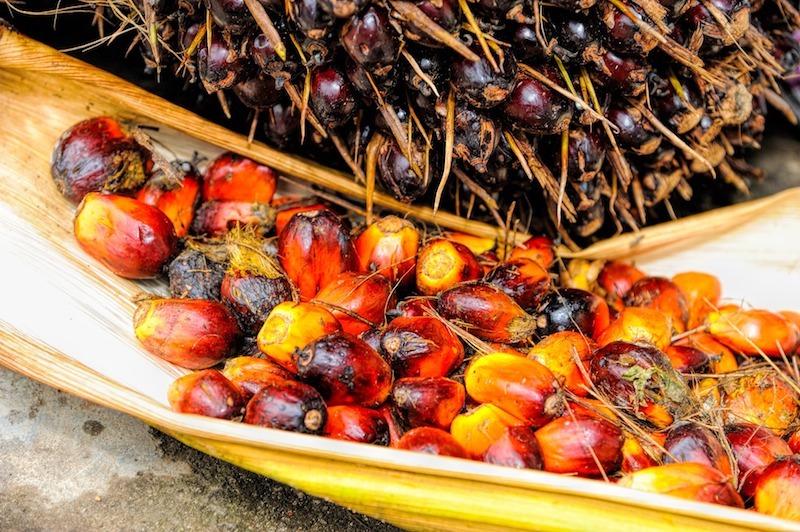Palm Oil | Kelapa Sawit

Photo: Pixabay/ Tristantan
- The European Union (EU) is one the three biggest importers of Indonesian palm oil.
- No trade barriers or discriminatory legislation towards palm oil.
- Low EU tariffs (0 to 10.9%) in comparison with other export markets.
- The value of EU 2018 palm oil imports from Indonesia decreased by 22% compared to the year of 2017. Part of the palm oil previously exported to the EU for processing, however, in 2018 has been turned into biodiesel in Indonesia and sold to the EU as such. Even with a collapse in palm oil prices, in 2018 the combined value of Indonesian palm oil and biodiesel exports to the EU only decreased by 2% compared to the year of 2017. In the first 5 months of 2019, in term of volume, the imports have recovered with an increase of 0.7%.
- Imports in the past 5 years have been relatively stable at an average of 3.5 million tons or €2.2 billion per year. Indonesia's market share in the EU remains the largest at 47 %.
Read our factsheets for more info:
(Updated: 4 September 2019)
- Palm Oil: Facts & Figures on Trade and Sustainability
- EU's Renewable Energy Directive & its impact on Palm Oil
- Phasing Out of Crop-Based Biofuels by 2030 in the EU RED II
- Provisional Countervailing Duties on Imports of Indonesian Biodiesel
To find out more about EU-Indonesia Partnership, access here:
More reading
Commission imposes countervailing duties on Indonesian biodiesel (Brussels, 13 August 2019)
Report from the Commission to the European Parliament, the Council, the European Economic and Social Committee and the Committee of the Regions on the status of production expansion of relevant food and feed crops worldwide | Annexes to the Report
Factsheet: Sustainability criteria for biofuels specified
Delegated Act on High and Low ILUC-risk Biofuels - Background
Delegated Act on High and Low ILUC-risk Biofuels - Questions & Answers
Do you want to know more about the sustainability criteria for the revised Renewable Energy Directive (RED II)? Read HERE
Palm Oil: Opportunities to live up to our commitments Op-ed by Vincent Guérend (Kompas, 5 June 2018)





